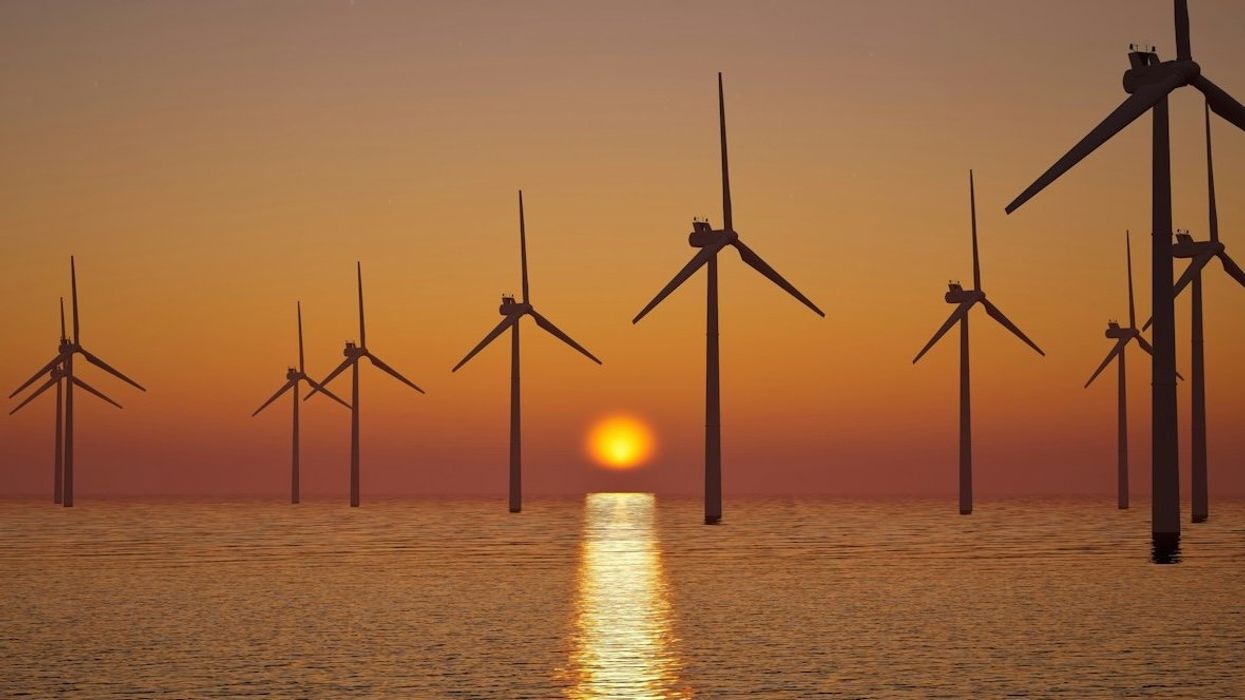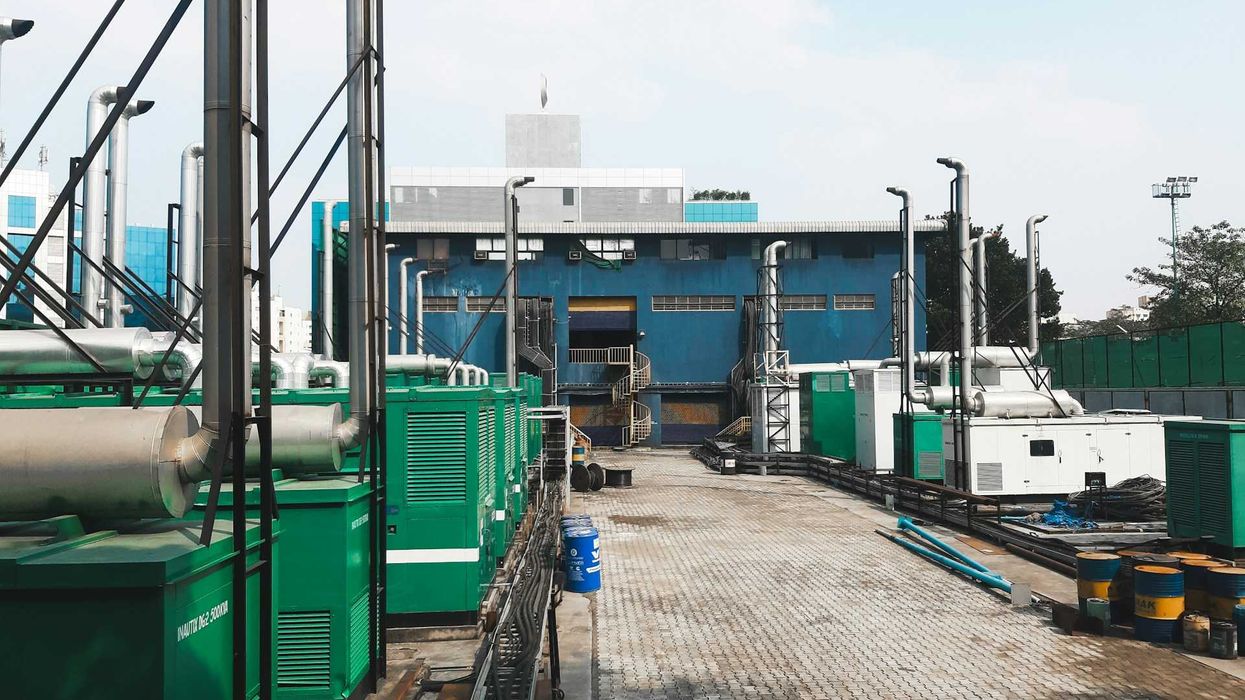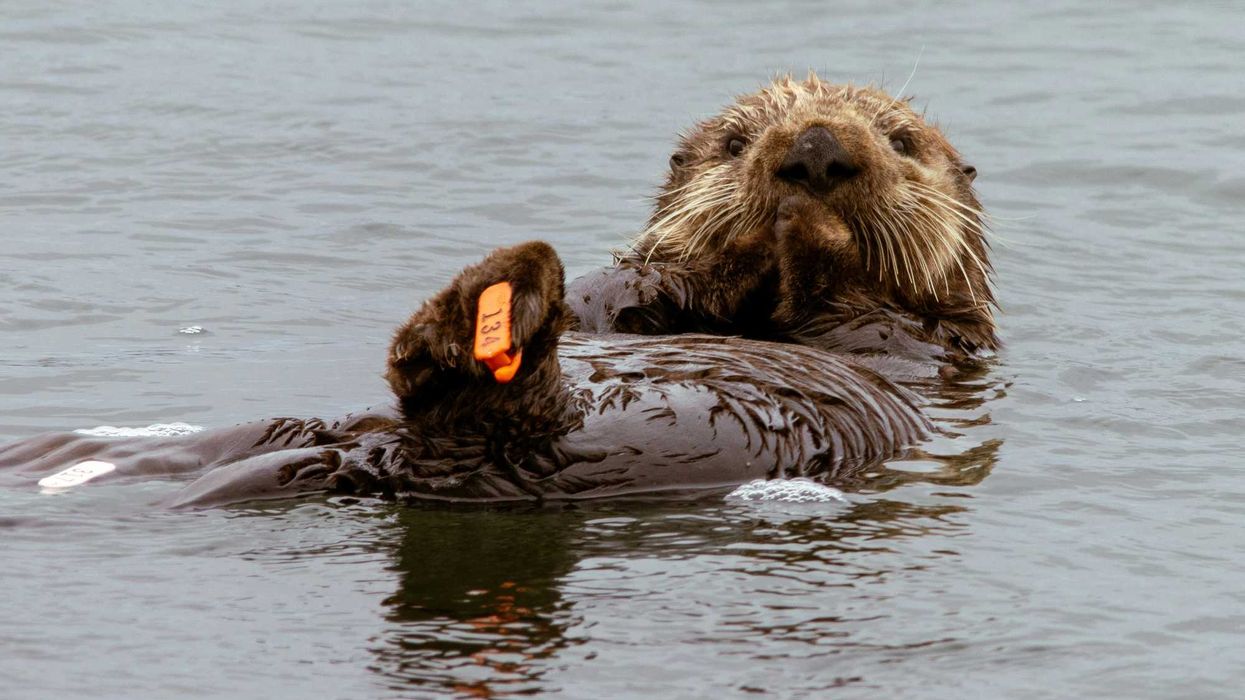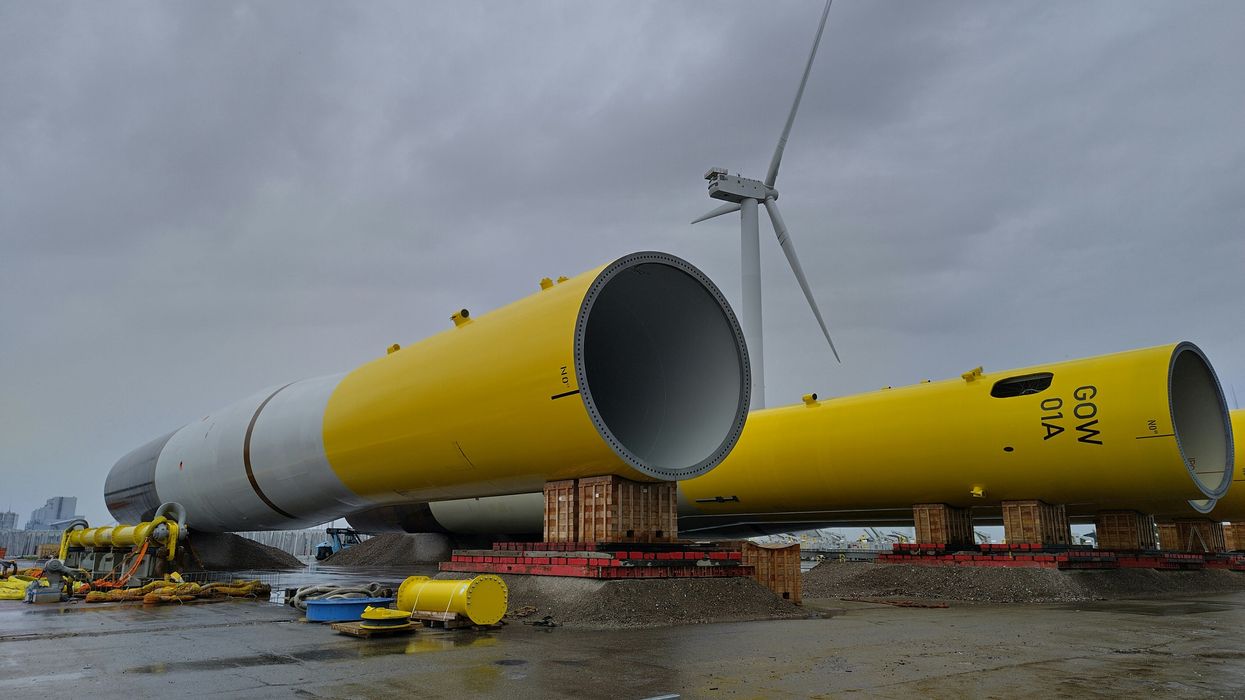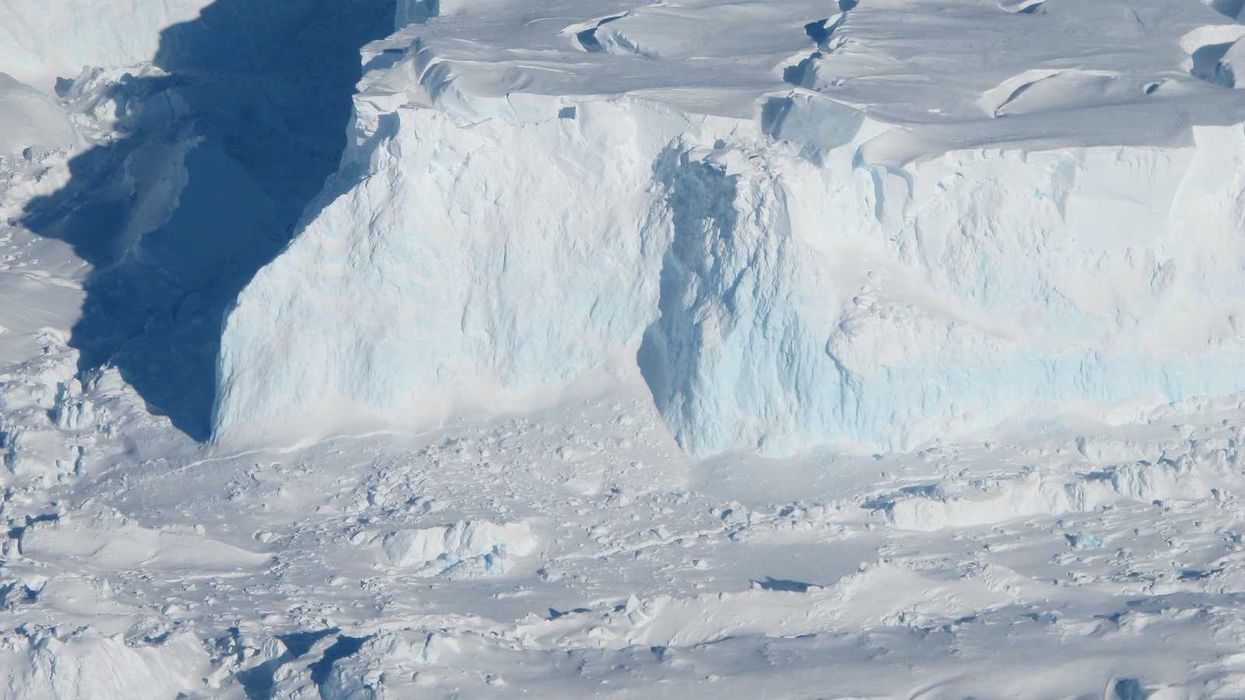Global warming is destabilizing Arctic air patterns, leading to extreme cold snaps this week in unexpected regions like the Gulf Coast and Florida.
In short:
- Extreme cold has gripped the US this winter, with rare snow in the Gulf Coast and Florida.
- Scientists suggest Arctic warming weakens the polar vortex and jet stream, allowing cold air to spill south.
- While winters overall are warming, dangerous cold snaps still occur, exacerbated by limited preparedness in some regions.
Key quote:
“Even though the Arctic is warming, it will still be frigid during winter for a very long time because it has no sunshine for six months straight. There will still be plenty of cold air there to feed into cold spells when the jet stream takes a big dip southward.”
— Jennifer Francis, senior scientist at the Woodwell Climate Research Center
Why this matters:
As the Arctic warms four times faster than the rest of the planet, the effects disrupt weather systems far beyond the poles. Extreme winter storms can strain infrastructure, endanger lives and take a significant economic toll — underscoring the importance of climate adaptation and forecasting tools.
Related: Cold air from Arctic causes prolonged U.S. freeze amid warming trends



